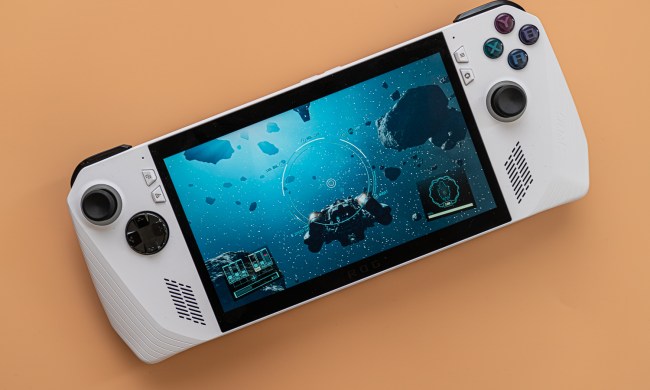Do you get annoyed when your PC’s screen gets dimmer unexpectedly? You may not realize this, but your rig’s power plan may be set to dim your display automatically after a certain point in time. Saving power is great, and can lead to a slimmer electric bill. But if you rarely step away from your machine for extended periods, this might be more of annoyance than that’s worth dealing with. With this simple guide, we’ll show you how to keep your monitor’s brightness settings stand at attention at all times — helping you get started doing what you want to do faster, and more easily.
How to keep your PC’s screen from dimming
When at the desktop, hold the Windows key and press R to pull by the Run dialog box. From there type in “control panel” without the quotes and press Enter. Scroll down to and click on “Power Options.” Locate your active power plan and click on the blue button labeled “Change plan settings,” which should be located to the right.
If you’re using a notebook, then you have two rows of drop down menus to contend with, which should be labeled “On battery” and “Plugged in.” The first setting from the top of each column should be labeled “Dim the display.” Under both “On battery” and “Plugged in,” click the drop down menu, select “Never” and click “Save changes.” If you’re rolling with a desktop PC, the “On battery” column should not be present.
From here on out, your PC’s display will stay bright and shiny, freeing you from the tyranny of having to poke your mouse to wake it fully again.
Windows 8 includes many new features which give users the opportunity to use Windows in different ways. A new interface, and new ways to interact with your computer, as well as new shortcuts, new menus and an entirely new class of apps, are all waiting within the new OS. All of these features can be useful, that is, if you know how to use them. Want to learn more? Explore 8 of our favorite Windows 8 tips and tricks.


